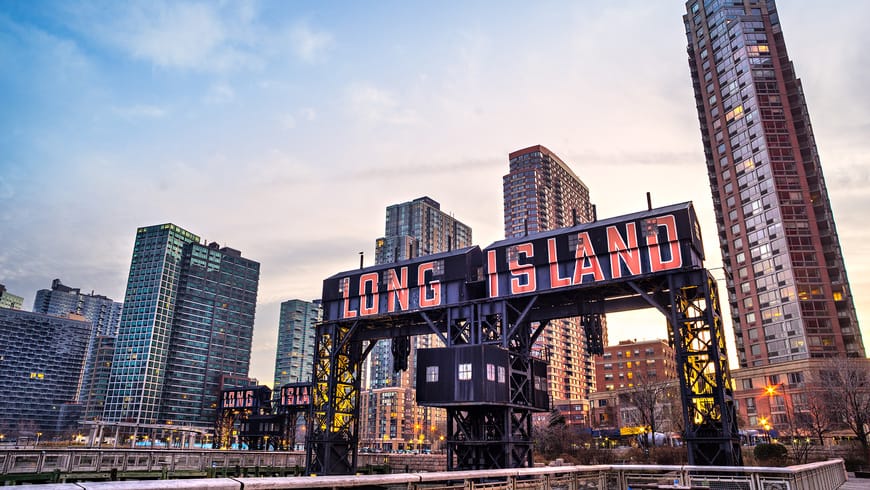
Zachary Boullt is a student at Harvard Law School.
Yesterday, Fran discussed ongoing unionization efforts at Starbucks stores in Buffalo, New York, particularly that ballots are set to be mailed by the NLRB this Wednesday. Starbucks has now filed a request for the NLRB to issue a stay and delay the ballot mailings. Starbucks is asking the NLRB to overturn the regional director’s determination that workers can vote store-by-store rather than as a regional unit of the stores in the area. The regional director’s original ruling was based on the presumption that employees at a single worksite are an appropriate group for voting, combined with factors of the distance between Starbucks’ locations, differences in working conditions across stores, and local store autonomy. It is unclear when the NLRB will issue a response to Starbucks’ request.
Constructions worker members of the Laborers International Union of North America in Long Island are protesting Stony Brook University for using a non-union contractor from New Jersey to renovate the school’s lecture hall. Picketers protested outside the university entrance with inflatable rats and open coffins. The union is arguing that local contractors should be paid for the job since New York public funds are being used, and that union workers should be used to ensure proper pay and medical benefits. The university maintains that it properly followed its contract bidding process to find the lowest qualified bidder.
Anneken Tappe of CNN has profiled the slow return of women to the labor force since the onset of the pandemic. Women’s labor force participation rate remains two percent lower than pre-pandemic levels, with over three million less women participating. More women than men lost their jobs during the pandemic, and many had to take on additional caregiving responsibilities. While some schools reopening have alleviated some childcare responsibilities, it did not help return women’s employment to pre-pandemic levels. While remaining caregiving responsibilities remain an impediment, Tappe highlights complex factors affecting the workforce as a whole that have slowed hiring rates in recent months across the board.
Anne Riley Moffat of Bloomberg Law has highlighted that around 185 major labor union contracts are set to expire in 2022. Teachers and grocery store employees make up the majority of workers whose contracts are set to expire, with motion picture and sound recording, government support, and hospital workers following behind. Moffat writes that these industries are worth watching for labor activism and strike activity in the coming months.






Daily News & Commentary
Start your day with our roundup of the latest labor developments. See all
July 11
Regional director orders election without Board quorum; 9th Circuit pauses injunction on Executive Order; Driverless car legislation in Massachusetts
July 10
Wisconsin Supreme Court holds UW Health nurses are not covered by Wisconsin’s Labor Peace Act; a district judge denies the request to stay an injunction pending appeal; the NFLPA appeals an arbitration decision.
July 9
the Supreme Court allows Trump to proceed with mass firings; Secretary of Agriculture suggests Medicaid recipients replace deported migrant farmworkers; DHS ends TPS for Nicaragua and Honduras
July 8
In today’s news and commentary, Apple wins at the Fifth Circuit against the NLRB, Florida enacts a noncompete-friendly law, and complications with the No Tax on Tips in the Big Beautiful Bill. Apple won an appeal overturning a National Labor Relations Board (NLRB) decision that the company violated labor law by coercively questioning an employee […]
July 7
LA economy deals with fallout from ICE raids; a new appeal challenges the NCAA antitrust settlement; and the EPA places dissenting employees on leave.
July 6
Municipal workers in Philadelphia continue to strike; Zohran Mamdani collects union endorsements; UFCW grocery workers in California and Colorado reach tentative agreements.